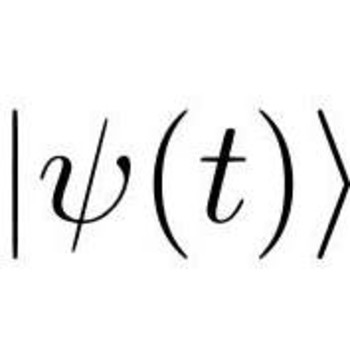What is a negative beta decay?
1 Answer
Well, it is also known as beta-minus decay.
Explanation:
Negative beta decay is one of the two types of beta decay. It is also the one that does not produce any antimatter.
During beta-minus decay, an atom converts one of its neutrons into a proton, while releasing an electron and an antineutrino in the process. This happens when an atom does not have a lot of protons but has a bit too many neutrons.
A simple example would be carbon-
#e^-# is an electron
#barv# is an antineutrino
Note that I included the proton number at the bottom so it was easier to see the difference in the new atom.
During beta-decay, no mass is lost, and the total mass stays constant before and after the reaction.

